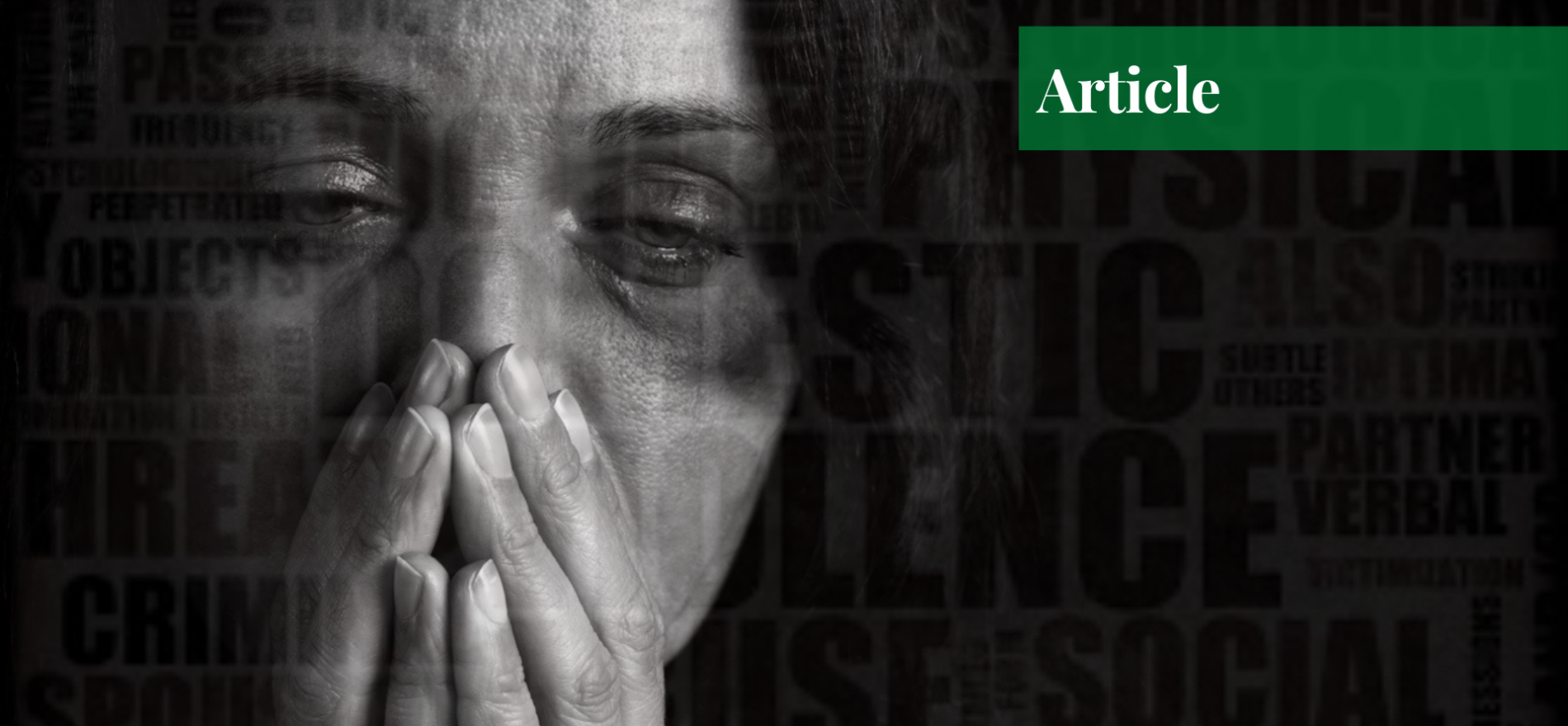Amna Khan has been working for the youth and women's rights in Pakistan for 7 years and is part of multiple organizations. Currently she is working on a project called "Creating Spaces" that aims to reduce violence against women and girls as well as raising the voice against child and forced marriages.
Introduction
Adopting and practicing changes in the patriarchal system of Pakistan have always proved to be the biggest challenge to development and so domestic abuse remains a huge area of concern for women in Pakistan. Although countless efforts for advancement have been made by individuals, GOs, and NGOs, like Bedari, Rozan, the Sindh and the Punjab Commissions on the Status of Women, Women Development Department, and the Federal Investigation Agency (FIA), women’s rights remain the most disregarded notion by the majority of people.
The Evident Abuse
Mentioned in Advocacy Brief – 4 Gender and Pandemic Urgent Call for Action by the Government of Punjab and United Nations Office on Drugs and Crime, 90% of women have faced domestic abuse by their families or husband. The testimony of it can be found in the rising cases of domestic abuse in general and women abuse in particular at an alarming rate, immediately after the occurrence of COVID-19 in Pakistan on February 26th. While the lockdown had been imposed to reduce the spread of COVID-19, the virus of domestic abuse unleashed with trivial resources for the victims to seek support.
This matter of violence was clearly overlooked by the government despite the evidence available that claims an upsurge in the violence against women during any crisis or epidemic. Gender biases are deeply rooted in Pakistan’s society; the government should have created an effective gender-specific rapid response strategy to cater to the already predicted consequences of lockdown on the vulnerable groups of society.
A Call For Help
Apparently, a helpline was introduced by the government, but the service quality is questionable. Once the victim is locked with the perpetrator, the chances of accessing the helpline are almost minimal and if perchance the victims call the concerned department, the help is hardly assured. Similarly, NGOs are also rigorously working with their focal persons to protect women by implementing a gender-centric strategy in their areas of intervention, but the cases are hardly being reported.
The reason for such is that women are living constantly under the watch of their abusers and hence unable to get sufficient time to gather the courage. As part of the author’s project, she interviewed women who went through incidents of domestic abuse. The following is an excerpt from one woman:
After he went to work, I usually called my mother to ease some pain in the hard times. Though her support didn’t suffice but knowing that you have someone within reach gives you courage. But as the lockdown imposed due to coronavirus, I never got the chance to call my mum. I am able to talk to you now because he is at his mother’s, she lives next door.
The Disastrous Lockdown
However, the mobility of the activists has been bridled in the wake of the lockdown who, in normal conditions, reached out to survivors themselves and helped them through it all. Moreover, the crippling conditions of Dar-ul-Aman (shelter homes) leave much to be desired. Even if an activist succeeds to rescue the victim, the question of a safe abode remains unanswered.
Constant fear, anxiety, workload, and abuse adversely affect mental health, triggering perpetual stress, which eventually causes depression. The damage has already been done, but correct cumulative strategies based on the female’s gender perspective could cement real change. We are on thin ice. We need immediate measures because the bomb is ticking — if not now, then never.
If you want to submit your articles and/or research papers, please check the Submissions page.


















